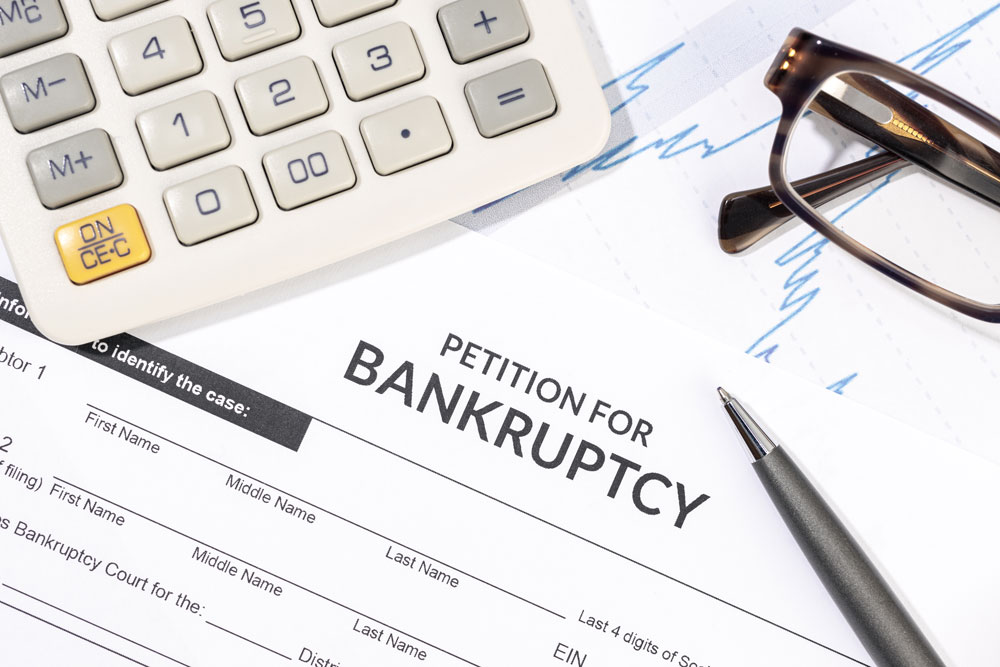

Understanding Liquidation and Debt Discharge
What is Liquidation?
Liquidation is a process where a person’s or business’s assets are sold to pay off debts. This is often done through Chapter 7 bankruptcy. A trustee is appointed to handle the sale of assets. Once the assets are sold, the money is used to pay creditors. This can help clear most debts, but some, like taxes and child support, usually can’t be erased.
How Debt Discharge Works
Debt discharge means that you are no longer legally required to pay the debts that are wiped out in bankruptcy. After the liquidation process, any remaining unsecured debts are discharged. This gives people a fresh start. However, not all debts can be discharged. For example, student loans and certain taxes often remain.
Pros and Cons of Liquidation
Liquidation can be a quick way to get rid of debt. It usually takes about three to four months. This can be a relief for those struggling with debt. However, you may lose valuable assets like your home or car. It’s important to get legal consultation Hillsboro to understand what you might lose. A civil law lawyer or contract law attorney at Arellano Law Firm can help you navigate this process. We can provide the guidance you need. Always consider the pros and cons before deciding on liquidation. Law firm representation can make the process smoother and less stressful.
Exploring Reorganization and Debt Repayment
Chapter 13 Bankruptcy Explained
Chapter 13 bankruptcy is a way to reorganize your debts. Instead of wiping out your debts, you create a plan to repay them over time. This type of bankruptcy is often called a “wage earner’s plan” because you need a steady income to qualify. It allows you to keep your property while catching up on missed payments.
Creating a Repayment Plan
When you file for Chapter 13, you will work with the court to create a repayment plan. This plan usually lasts three to five years. During this time, you make regular payments to a trustee, who then pays your creditors. The goal is to make your debt more manageable and help you get back on track.
Benefits and Drawbacks of Reorganization
Reorganization can be a good option if you have a steady income and want to keep your property. One of the main benefits is that it stops foreclosure on your home. However, it also means you will be in a repayment plan for several years. It’s important to weigh the pros and cons before deciding if this is the right choice for you.
Eligibility Requirements for Bankruptcy
Qualifying for Chapter 7
To qualify for Chapter 7 bankruptcy, you must pass a means test. This test checks if your income is low enough to file for Chapter 7. If your income is too high, you might not be eligible. You also need to complete credit counseling from an approved agency.
Qualifying for Chapter 13
For Chapter 13 bankruptcy, you’ll need a regular income. This is because you will be making payments to your creditors over time. Your debts must also be below a certain amount. If you have too much debt, you might not qualify.
Means Test Explained
The means test is a way to see if you can pay back some of your debts. It looks at your income, expenses, and family size. If you pass the means test, you can file for Chapter 7. If not, you might have to file for Chapter 13. An immigration attorney in Oregon can help you understand if you meet these requirements.
How to File for Bankruptcy
Steps to File for Bankruptcy
Filing for bankruptcy starts with submitting a petition to the court. This petition includes details about your debts and assets. Once filed, an automatic stay goes into effect, stopping all creditor collection attempts. It’s important to follow each step carefully to ensure your case proceeds smoothly. For personalized guidance, consider consulting Arellano Law Firm.
Necessary Documentation
You’ll need to gather several documents, such as a list of your assets and liabilities, a statement of financial affairs, and other necessary forms. These documents help the court understand your financial situation. Having all the required paperwork ready can make the process faster and easier. If you need help, a Hillsboro attorney can provide Oregon legal advice.
Working with a Bankruptcy Attorney
A bankruptcy attorney can guide you through the entire process. They can help you understand the legal requirements and represent you in court. Working with a professional ensures that you don’t miss any important steps. Whether you need a Probate lawyer Hillsboro or a Personal injury attorney Hillsboro, getting the right legal help is crucial. For more specialized needs, you might also consider Estate planning services or Family law services.
Filing for bankruptcy can be a complex and daunting process, but you don’t have to navigate it alone. Our experienced attorneys at Arellano Law Firm are here to guide you every step of the way. Visit our website to learn more about how we can assist you in making informed decisions and achieving financial relief.
Conclusion
Navigating the world of debt relief and bankruptcy can be overwhelming, but understanding your options is the first step towards financial stability. Whether you opt for liquidation under Chapter 7, reorganization under Chapter 13, or explore other debt relief avenues like debt settlement and credit counseling, each path has its own set of pros and cons. It’s crucial to evaluate your financial situation carefully and consult with a legal expert to make an informed decision. Remember, bankruptcy is not the end but a new beginning, offering you a chance to rebuild your financial future with a clean slate.






